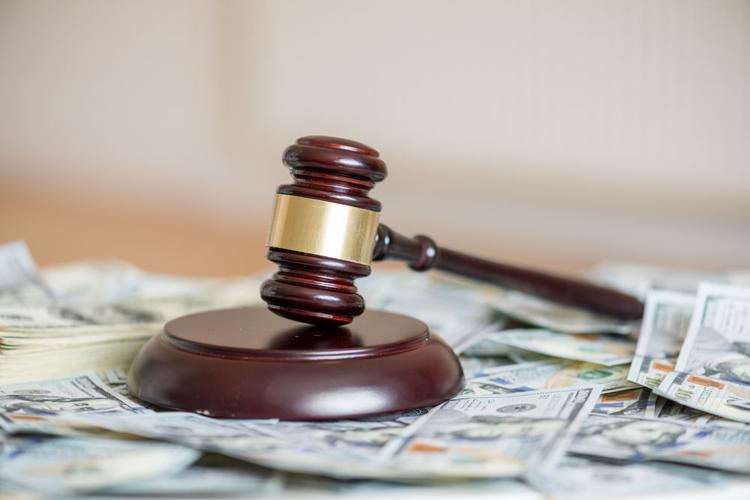Federal panel could consolidate Florida business interruption claims into class action suit

Shutterstock photo
(The Center Square) – So many COVID-19 business interruption lawsuits have been filed against insurers across the country that a federal judicial panel has called for a hearing on how to legally process them all.
The seven-member U.S. Judicial Panel on Multidistrict Litigation (JPML) will ponder how to proceed with more than 450 federal complaints nationwide, in addition to hundreds of lawsuits filed in state courts, Thursday in Washington.
The JPML has the authority to determine whether civil actions pending in two or more federal judicial districts can be transferred to a single federal district court for pretrial proceedings.
A group from South Florida has filed one of three petitions requesting the JPML consolidate more than 100 lawsuits filed by businesses seeking coverage for business-interruption losses caused by pandemic stay-home orders into one case before the U.S. District Court in Miami.
Similar petitions have been filed before the JPML on behalf of plaintiffs in Philadelphia and Chicago.
The insurance industry has uniformly stated standard business interruption policies do not provide coverage for pandemic-related impacts. They argue business interruption policies cover losses incurred during business shutdowns caused by catastrophes, such as floods or hurricanes, but not those incurred during the economic fallout of a pandemic.
Business interruption policies specifically exclude pandemics, industry officials say, unless businesses specifically purchase pandemic coverage. It’s in every policy’s fine print, they say.
The American Property and Casualty Insurance Association said forcing insurers to pay such claims would undermine the solvency of the industry. APCIA estimated business closures are costing businesses with fewer than 500 employees from $393 billion to $668 billion per month
But in lawsuits filed across the nation, policyholders argue business interruption policies should be applied to instances when there is no physical damage or destruction to a business that is being prevented from conducting business as usual by a government order.
In what could be a precursor to an avalanche of local, state and federal business interruption rulings unless the JPML consolidates cases, a Michigan judge this month sided with an insurer that rejected a $650,000 business interruption insurance claim by the owner of two restaurants.
The owner contended business interruption coverage should apply because local authorities prohibited customers from physically entering his properties.
However, Judge Joyce Draganchuk ruled COVID-19 did not tangibly alter the properties, which is necessary to provide coverage under the owner’s insurance policy – upholding a key contention by insurers.
In late April, Florida Insurance Commissioner David Altmaier warned Gov. Ron DeSantis’ Re-Open Florida Task Force that many business owners were only then realizing their business interruption insurance policies did not cover financial losses stemming from pandemic shutdowns.
In May, state Chief Financial Officer Jimmy Patronis called on Florida’s 27-member congressional delegation to find a way for small businesses to recover losses related to the COVID-19 emergency shutdowns that many business interruption insurance policies don’t cover through legislation rather than litigation.
“There are a lot of business owners who purchased business interruption insurance policies thinking they would be used for times like these,” he wrote. “Many responsible businesses that care deeply for their employees and their communities have spent a lot of their hard-earned dollars on business interruption insurance policies for years, and Congress should take that into consideration as they craft programs to help businesses during this crisis.”
U.S. Rep. Mike Thompson, D-Calif., has introduced HR 7412, the ‘Business Interruption Relief Act of 2020,’ which would create a ‘Business Interruption Relief Program’ (BIRP) to reimburse insurers that voluntarily paid COVID-19 business interruption claims.
It awaits a first hearing before the House Financial Services Committee.

